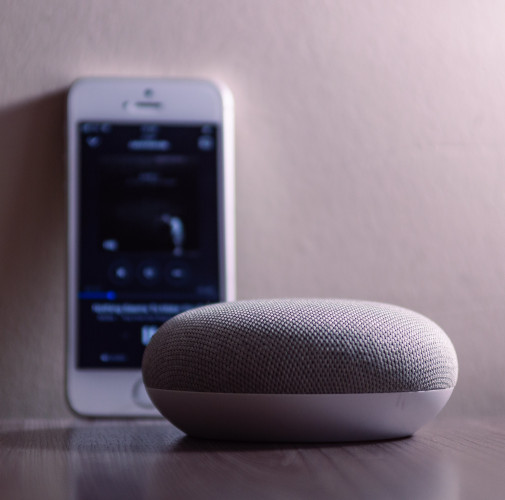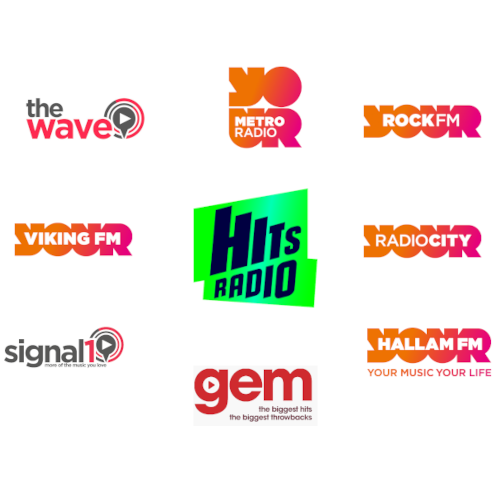
BBC vs. Commercial
For over 50 years the BBC enjoyed the monopoly in the UK radio market but that changed in 1973 with the launch of LBC, the first commercial radio station and a new era for the UK radio market. Growth was slow for the commercial sector, but now freed from regulation that denied national broadcasting and networking, commercial radio has been freed from its shackles and offers jazz, soul, classical, rock, sport, metal, pop, country, speech, and more. The value exchange is simple, in return for listening to adverts, the listener gets an enormous range of content for free. The BBC, funded by the licence fee since 1946, is now accused of not being able to provide content for all those that pay for its existence. The BBC’s monopoly has long since disappeared.
The stats
The latest RAJAR stats (Q4 2021) show us that commercial radio reach is already ahead by 2.2 million listeners each week vs the BBC. They also showed that the gap in share of listeners between BBC and commercial has been consistently reducing in size over the last 3 years. Commercial radio doesn’t now just reach more listeners than the BBC, but it is also close to having the majority share of listening hours too.
| Dec ’18 | Dec ’19 | Sep ’21 | Dec ’21 | |
| All BBC Radio | 50.9 | 51 | 50.9 | 49.9 |
| All Commercial Radio | 46.5 | 46.6 | 47.1 | 48 |
Why has this happened?
There is no one short answer to this question, and there are many layers within the answer. BBC spends approximately £630m a year on its radio stations, but commercial revenues now eclipse this, reaching £718m in 2021. They are set to grow further this year with growth predicted to be between 12-16%. The commercial sector now has more £’s to spend than the BBC. The recent announcement that the licence fee is to be frozen for 2 years until April 2024 will likely result in the BBC investing less into their programming, restrictions on salaries for leading talent and less original content, thus providing commercial radio with another advantage.
The last decade has seen plentiful investment on acquisition and consolidation by the two main groups in the commercial sector, Global and Bauer, alongside investment in listening platforms and commercial targeting capabilities. and whilst the BBC has been closing some local stations, commercial continues to launch new ones. All in this means clearer brand propositions, an increase in content choice, bigger name talent, and more subsequent interest from advertisers,
The BBC’s talent drain is commercials gain. Having already lost Simon Mayo, Chris Evans, Mistajam, Eddie Mair and Graham Norton, the BBC have now lost Andrew Marr, Emily Maitlis and Jon Sopel to LBC. Elsewhere in the commercial sector, it was recently announced that the 5 Live Film Review radio show is moving to be a podcast on Sony Music, and the Peter Crouch Podcast is moving away from the BBC to Acast. The exodus of BBC stars making their way over to their commercial radio rivals will bring with them their loyal listeners, introducing whole new audiences to commercial radio and the wide range of content available in the sector.
The Implications
For the commercial sector, that not only competes against the BBC, but also streaming services and the emergence of podcast listening, the BBC’s troubles are allowing the commercial sector to take further advantage of its years of investment. The net result is record commercial radio listening.
With commercial radio reaching 2.2 million more listeners per week than BBC radio, and its share of audience forecast to overtake in 2022 – the commercial radio indurty has never been in a better place to offer options for all brands. There is a reason that commercial radio advertising revenues are expected to grow substantially in 2022, and that’s because it’s getting results.
If you are an advertiser looking to reach large audiences at scale, you want to know that investing in a commercial radio campaign is the right strategy for your business and will get you the return on investment (ROI) that you expect.
If your brand is looking to reach the 36.8 million commercial radio listeners tuning in across the UK each week, speak to one of our radio experts today. We channel our love for all things audio into delivering the best campaigns in the business for our clients. We are your expert audio advertising department, trusted to handle our client’s clients – the agency’s agency.



